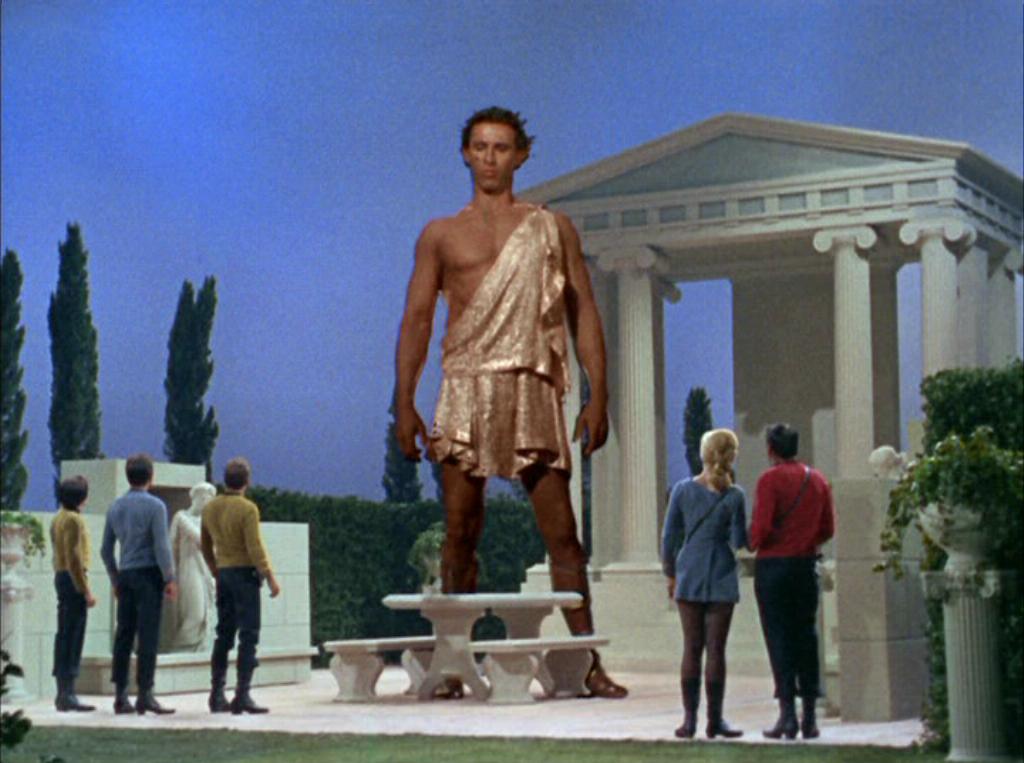The gods from the Greek or Norse mythology are typically mythological, but either physical or transcendent. (They tend to be physical seeming in the texts of the myths, but seem somewhat transcendent in terms their actual historical worship.)
The Asgardians of Marvel Comics or Apollo of the Star Trek episode "Who Mourns for Adonis?" are mostly literal and mostly physical in portrayal. The Asgardians of the movie Thor and its sequel are entirely literal and physical.
AI masquerading as gods? Literal, transcendent or physical.
The Endless from Sandman? Straddling the literal-mythologic border, transcendent.
Kirby's New Gods? Slightly mythological, physical.
So there it is. There may be other factors I haven't thought of.










No comments:
Post a Comment